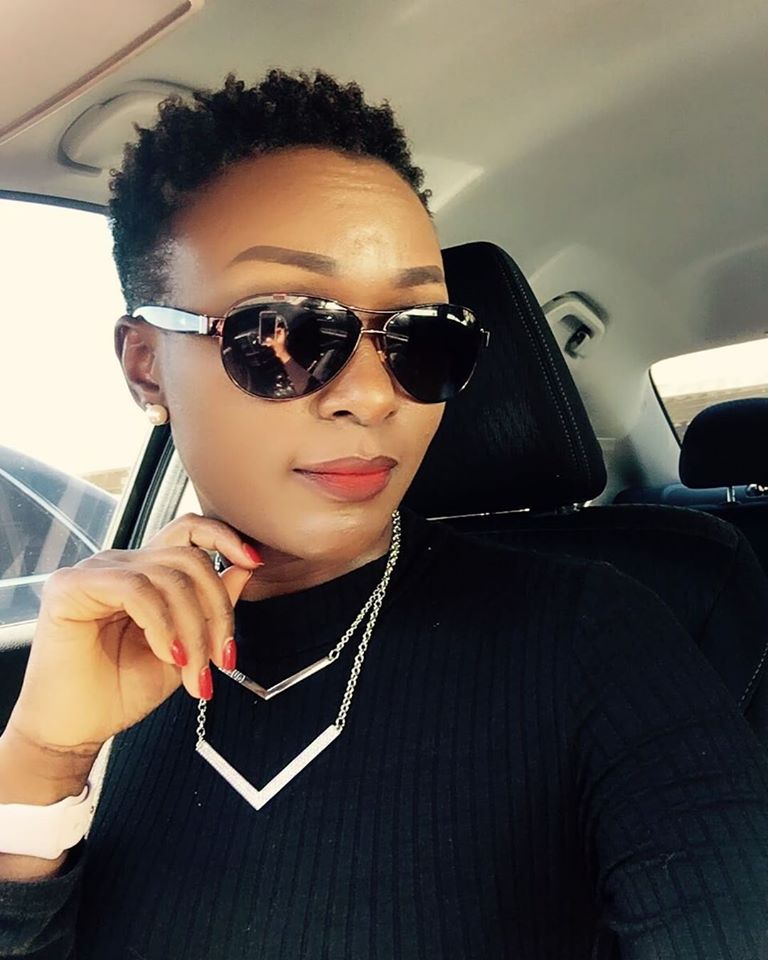Born and raised in Kimuka village in Ngong, Semeyian Kaori — who currently resides in the United States — has perfected the art of doing cover songs
By Beverline Timanoi
Critics of cover song singers who say the songs are copied from other singers — thus seeing them as less legitimate artists — have been dismissed by the author of the Maasai version of the Nara song, originally sung by American musician Travis Greene.
Kaori says, “Doing a cover song requires the same energy as that used by the original creator; it represents a form of artistic interpretation that goes beyond mere copying”.
Born and raised in Kimuka village in Ngong, Semeyian Kaori currently resides in the United States. She has perfected the art of doing cover songs and she says that a request from her fans ignited her desire to produce the personalized Maa Nara cover song.
Clear and smooth vocals are what describe Semeyian Kaori; she is known for the raw emotions in her mellow songs and catchy lyrics in all her songs, which feature a blend of Maasai and other traditional Kenyan music and contemporary pop songs.
“When I love a song, I can’t stop singing it and it is that passion that drives me to do the covers for my audiences to also enjoy the songs in a way I deem best,” says Semeyian.
“Here in the United States, producing a cover song entails a more complex procedure that starts with the interested artist seeking consent and paying royalties to the song’s original creator,” explains Semeyian.
For Semeyian, who can write and perform her own songs perfectly, the thrill of doing cover versions for popular hits lies in the attention that it brings to an artist.
“Doing a cover song is a loss, financially, but also a gain in building my name to the public. The Nara cover has practically re-launched my career and I am currently working on another great cover song,” says Semeyian.
“Producing a cover entails the same process of producing a new song, I have to reword the lyrics to flow with my beat, do the audio, the instrumentals, and eventually the video,” she adds.
The artist says that finding a producer for the African beat is not easy in the diaspora. “I use African producers based in the States because they understand my African roots; the song ‘Iyie Papa’ that we sang with Emmy Kosgei was handled by a Nigerian producer,” she adds.
She will be hosting a homecoming concert on April 19, at Dominion Chapel Goshen-Land Kiserian.
